News dalle neuroscienze
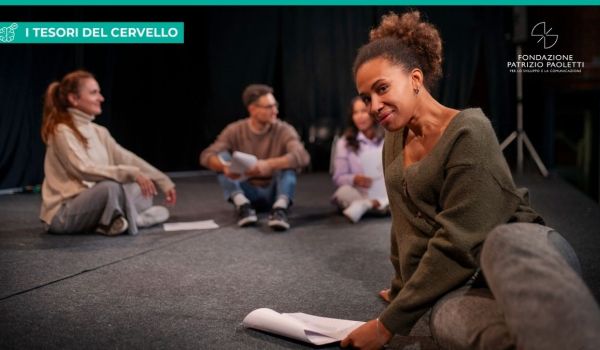
Recitazione e neuroscienze
Torniamo a parlare di neuroscienze e cinema e, in particolare, della recitazione: l’arte che ci permette di interpretare altre identità e dare alla luce storie che hanno per protagonisti “altri” rispetto a noi. Come riescono le attrici e attori professionisti a entrare nella parte in modo da essere…
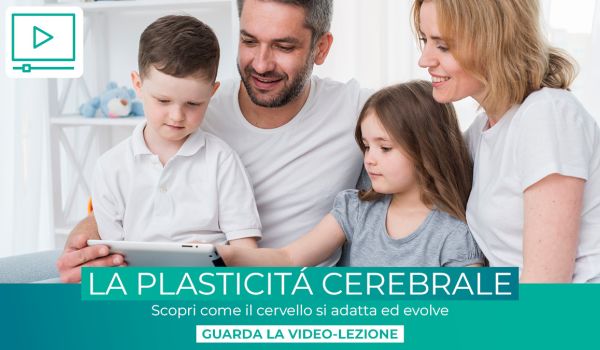
Plasticità cerebrale: perché conoscerla può cambiare il nostro modo di imparare (a tutte le età)
Un tempo si pensava che il cervello fosse rigido e immutabile, condannato a invecchiare senza possibilità di rinnovamento. Oggi le neuroscienze raccontano tutta un’altra storia. Scopri cosa significa “plasticità cerebrale” e perché può rivoluzionare il nostro modo di vivere, insegnare e imparare co…
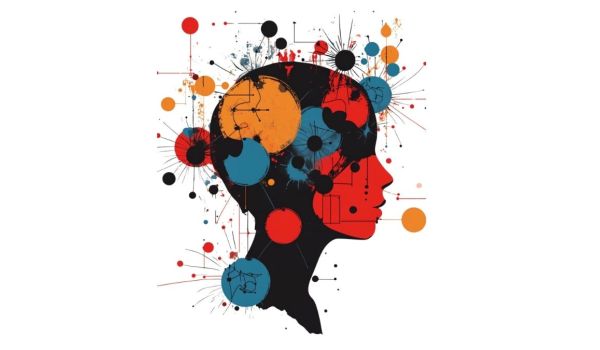
Il Quadrato Motor Training preserva la connettività cerebrale nella Malattia di Parkinson
Un nuovo studio pionieristico ha dimostrato che il Quadrato Motor Training (QMT), un programma di movimento consapevole ideato da Patrizio Paoletti, può preservare e potenziare la connettività cerebrale nei pazienti con Malattia di Parkinson. Lo studio, condotto dai ricercatori dell’Università di T…
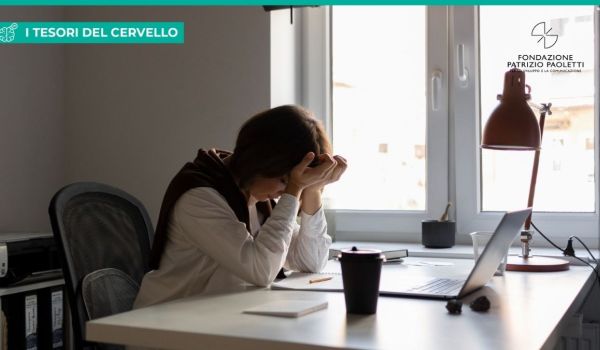
Motivazione e lavoro
Lavorare stanca. Se questa stanchezza non è per noi in qualche modo motivata da una giusta ricompensa, può portare a una situazione di prolungato disinteresse nei confronti della propria professione. Come potenziare la motivazione e sostenere il benessere lavorativo?

Epigenetica del trauma
La salute mentale è un aspetto fondamentale e integrante di ciò che consideriamo salute globale e del benessere generale per ogni individuo. Il suo centro risiede nel benessere psicologico, che può essere severamente minato dall’esposizione a traumi, che impattano sulla salute globale anche attrave…
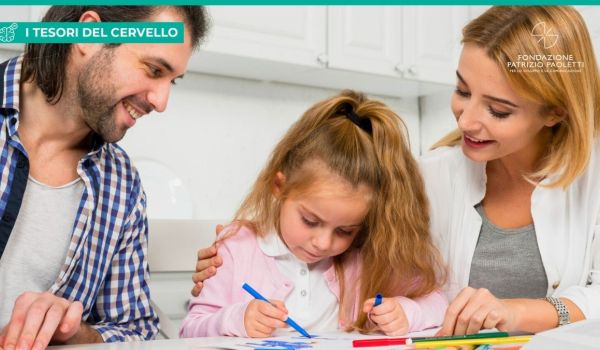
Allenamento alla creatività
Torniamo a parlare di neuroscienza della creatività, un’area di studio sempre più esplorata dal mondo della ricerca. Se è possibile indagare su quello che succede nel cervello durante questi processi creativi, e scoprire quali aree cerebrali o meccanismi sono coinvolti, vuol dire che è anche possib…
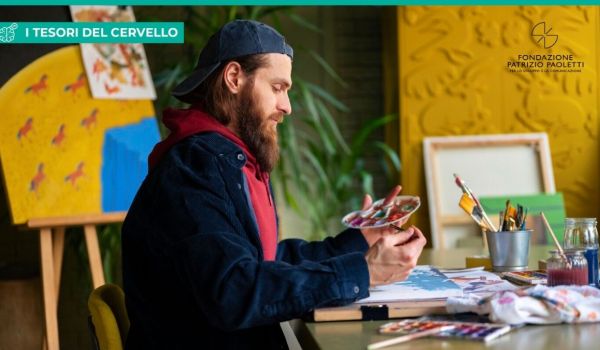
Arte e cervello: come funzionano i processi creativi?
Musica, pittura, scultura… Cosa succede nel cervello di un artista quando viene colto dall’ispirazione, oppure quando è nel pieno processo creativo? Ci sono differenze tra il cervello di un artista rispetto a quello del resto della popolazione? La maggior parte degli studi neuroscientifici su arte…
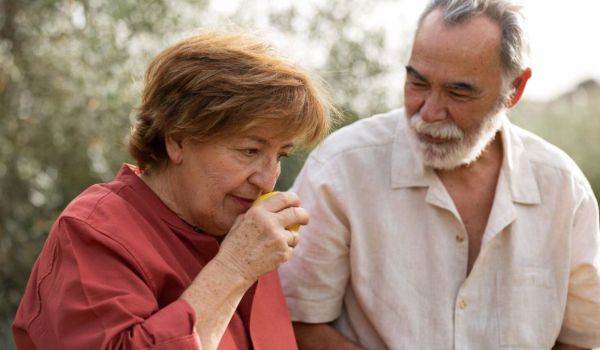
Qual è il legame tra depressione e neurodegenerazione?
I sintomi depressivi sono molto comuni nelle patologie croniche e questo vale anche per le malattie neurodegenerative. Un certo numero di pazienti con declino cognitivo e demenza, dovuti alla malattia di Alzheimer e a condizioni correlate come il morbo di Parkinson, la malattia di Huntington e altr…

Cos’è la neuroeconomia?
La salute del cervello è al centro dei programmi di sviluppo economico. È quanto emerso dall’ultimo incontro internazionale del Women Economic Forum, conclusosi lo scorso dicembre a Roma. Il concetto di Brain Economy, economia del cervello, è infatti da qualche tempo in corso di discussione tra pol…

Quando la solitudine è positiva?
Soffrire la solitudine è un fattore di rischio per la nostra salute globale. Aumenta l’incidenza di malattie cardiovascolari, ipertensione, disturbi del sonno e persino la mortalità. Eppure, esiste anche una solitudine positiva e cercata, fatta di silenzio intenzionale e di ascolto interiore, che a…
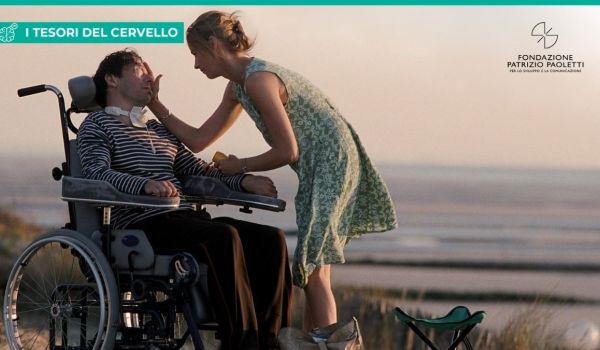
Cinema e neuroscienze
Recentemente abbiamo parlato del rapporto tra cinema ed empatia, e in particolare del ruolo dei neuroni specchio nel farci immedesimare nei personaggi cinematografici e nelle loro storie. Continuiamo a parlare del rapporto tra cinema e neuroscienze, di come il grande schermo descriva il cervello, a…

Cinema ed empatia
Il cinema è un’arte in grado di trasportarci in mondi diversi, capace di farci vivere storie lontanissime come se fossero le nostre. Com’è possibile che scenari palesemente “irreali” e simulati generino in noi emozioni così autentiche? Le neuroscienze, negli ultimi vent’anni, hanno cercato di dare…
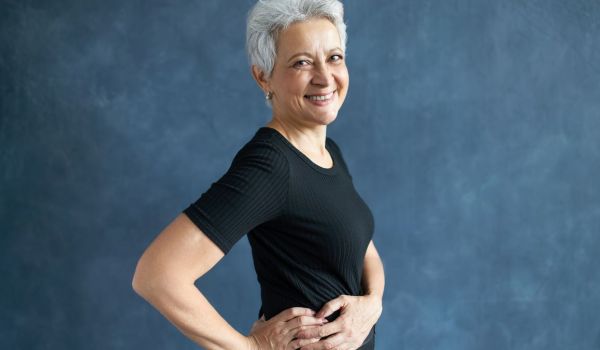
Come un intestino sano aiuta a prevenire l’Alzheimer
Cervello e intestino sono organi connessi, che condividono emozioni e si influenzano reciprocamente. Questa stretta interazione prende il nome di asse intestino-cervello, riferendosi, in particolare, alla relazione tra microbiota intestinale (i trilioni di microrganismi che risiedono nell’intestino…

Qual è il legame tra psiconeuroendocrinoimmunologia ed epigenetica
La psiconeuroendocrinoimmunologia (PNEI) è un paradigma psicobiologico che introduce una nuova visione dell’uomo e delle sue relazioni e interazioni con l’ambiente iper-mutevole che lo circonda. Da diversi anni le discipline della PNEI hanno abbracciato la visione dell’organismo umano come un siste…
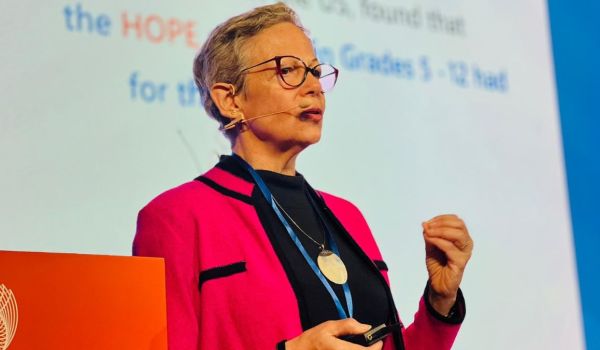
I.C.O.N.S. Silenzio, pace e resilienza
Dopo il successo delle precedenti edizioni, il RINED Istituto di Ricerca per le Neuroscienze, l’Educazione e la Didattica di Fondazione Patrizio Paoletti presenta la nuova trilogia di I.C.O.N.S., Conferenza Internazionale sulla Neurofisiologia del Silenzio. L’edizione 2024 si concentra sui temi int…
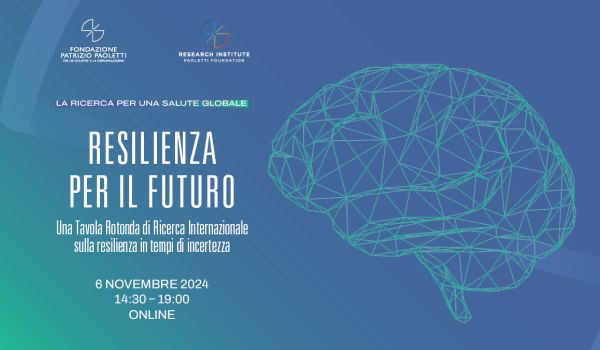
Resilienza per il Futuro
Il terzo appuntamento con l’edizione 2024 di I.C.O.N.S. Conferenza Internazionale sulla Neurofisiologia del Silenzio, organizzata da Fondazione Patrizio Paoletti, si è tenuto il 6 novembre, con un evento dal titolo “Resilienza per il Futuro 2024: una Tavola Rotonda di Ricerca Internazionale sulla r…

La memoria e i ricordi nell’Alzheimer
È ben noto che uno dei principali deficit associati alla demenza di Alzheimer (AD) riguarda il dominio della memoria. I disturbi della memoria, in particolare le diverse modalità con cui si manifestano, sono ampiamente studiati in questo contesto. Sebbene tali deficit siano diffusi, alcuni aspetti…
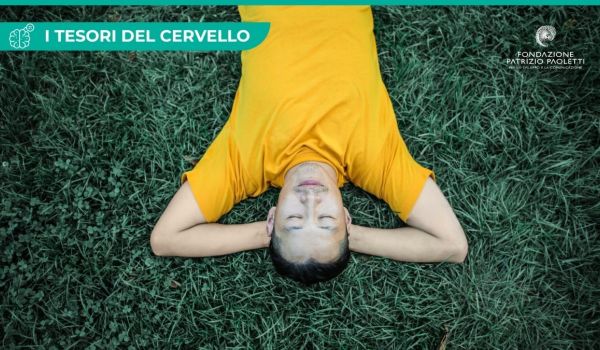
Smaltire la “spazzatura” del cervello
Il cervello, come tutte le parti del corpo, è costantemente impegnato nei processi metabolici, convertendo sostanze nutritive in energia per il funzionamento delle sue cellule. E con 86 miliardi di neuroni, e un numero altrettanto grande di cellule non neuronali, questi processi metabolici sono tut…
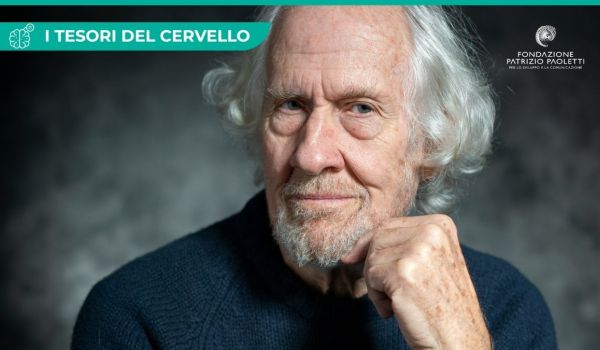
La riserva cognitiva per la salute del cervello
È il 1988 quando un gruppo di ricercatori americani, impegnati ad analizzare tramite autopsia il cervello di persone anziane che avevano sofferto di neuropatologie, si accorge di una cosa: vi è una differenza nel cervello di chi soffriva di Alzheimer. Alcuni pazienti, pur presentando le placche cor…
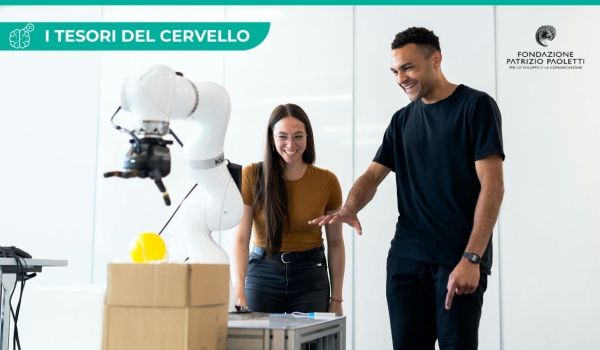
Neuroscienze, robotica e intelligenza artificiale
Il Nobel per la Fisica a John J. Hopfield e Geoffrey E. Hinton riconferma, ancora una volta, lo stretto legame tra innovazione tecnologica e neuroscientifica: lo studio del cervello ispira l’intelligenza artificiale e gli strumenti di imaging computerizzato permettono uno studio sempre più approfon…
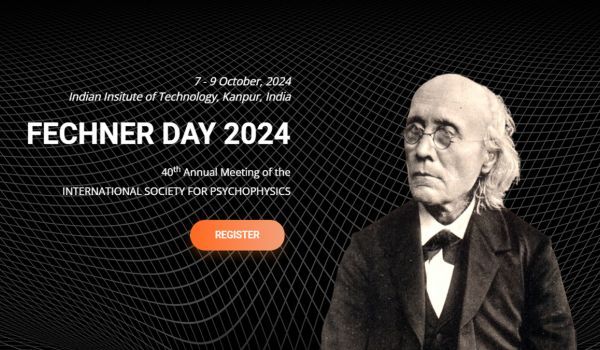
Fechner Day 2024
Il Fechner Day 2024 – 40esimo incontro annuale della Società Internazionale di Psicofisica si è tenuto dal 7 al 9 ottobre 2024. Dopo la precedente edizione, tenutasi ad Assisi, quest’anno il simposio è stato ospitato a Kanpur, presso l’Indian Institute of Technology. L’evento è stato presieduto da…

Cervello e percezione del tempo
Il tempo è sempre stato un importante oggetto di studi. Si tratta di un concetto fondamentale per la conoscenza umana, nonché componente centrale della nostra quotidianità ed esperienza del mondo. Il concetto di tempo fa riferimento alla dimensione con cui si concepisce, organizza, rappresenta e mi…
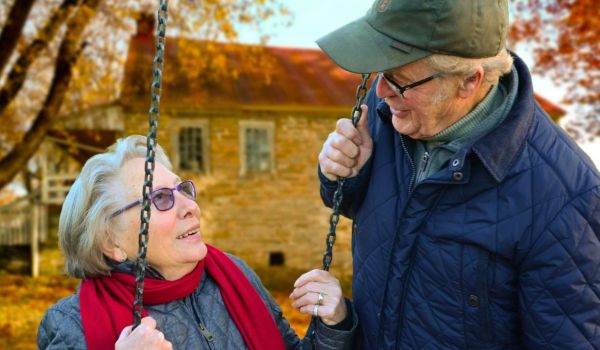
Neurodegenerazione
La salute globale prende in particolare considerazione il naturale invecchiamento che si accompagna allo sviluppo economico, sanitario e sociale. In quest’ottica risulta fondamentale prevenire e ritardare il più possibile la neurodegenerazione, prolungando la salute, l’autonomia e la felicità della…
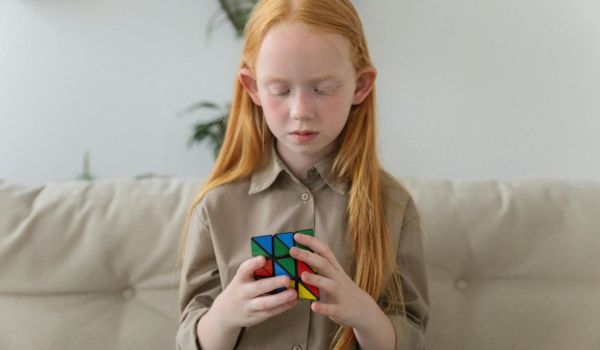
Epigenetica e funzioni cognitive
I processi cognitivi fondamentali, quali l’apprendimento e la memoria, richiedono l’attività concertata di milioni di cellule neuronali presenti nel cervello. Tali processi implicano la formazione di ramificazioni neuronali e sinapsi, sin dalle prime fasi dello sviluppo del cervello. L’apprendiment…

Meditazione e qualità del sonno
Il sonno svolge un ruolo fondamentale nella salute e nel benessere individuale durante l’intero arco della vita, ed è riconosciuto come un indice per la valutazione della salute sia fisica che mentale. Una carenza di sonno può causare conseguenze nello svolgimento delle attività quotidiane, influen…

Neuroscienze dell’amicizia
In occasione della Giornata Internazionale dell’Amicizia del 30 luglio, ricordiamo che tutti abbiamo bisogno di amici: poter contare su qualcuno, o prendersene cura, è fondamentale per il benessere reciproco. È forse la ragione perché, nel corso dell’evoluzione della nostra specie, i legami sociali…
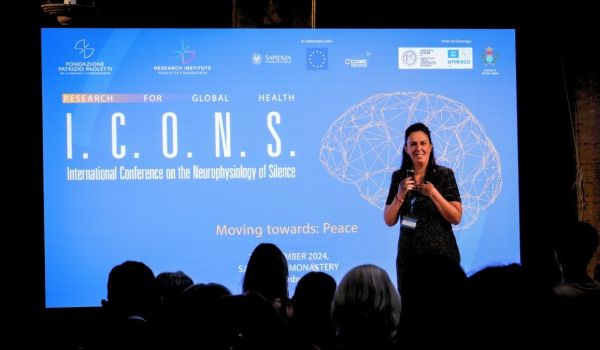
Il futuro delle neuroscienze è iniziato
In occasione della Giornata Mondiale del Cervello del 22 luglio, riflettiamo sugli impressionanti progressi delle neuroscienze negli ultimi decenni. Prendere coscienza di come apprende il nostro cervello e dei principi che possiamo applicare nelle nostre vite, è possibile anche grazie alla divulgaz…

Gli stati di coscienza
Sonno, veglia, coma, stato vegetativo… Il nostro cervello può attraversare stati di coscienza differenti. Questi sono caratterizzati da distinti pattern di attività neurale, di connettività tra le diverse aree e dalla presenza di determinate frequenze cerebrali. Vediamo insieme quali sono gli stati…

Salute del cervello e della psiche
Preservare le funzioni cognitive risulta un obiettivo fondamentale della salute globale, in particolare in merito alla prevenzione e ricerca sulle patologie neurodegenerative, come l’Alzheimer e il Parkinson. Parallelamente, è essenziale proteggere la salute psicologica, messa alla prova da sfide e…
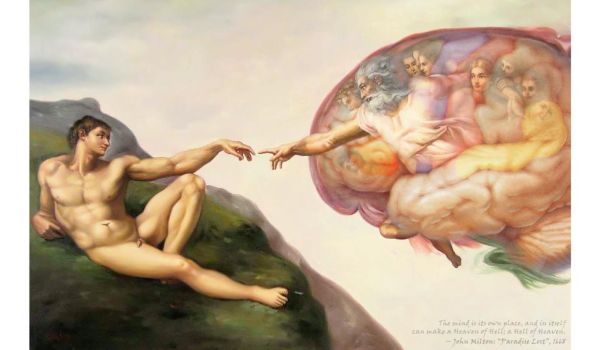
Neurobiologia della Bellezza
Le neuroscienze evidenziano l’importanza della partecipazione culturale per il benessere individuale, mostrando come eventi culturali influenzino l’attività, la struttura e la biochimica cerebrale, in particolare le aree del piacere e della ricompensa. La neuroestetica studia l’attivazione di speci…
